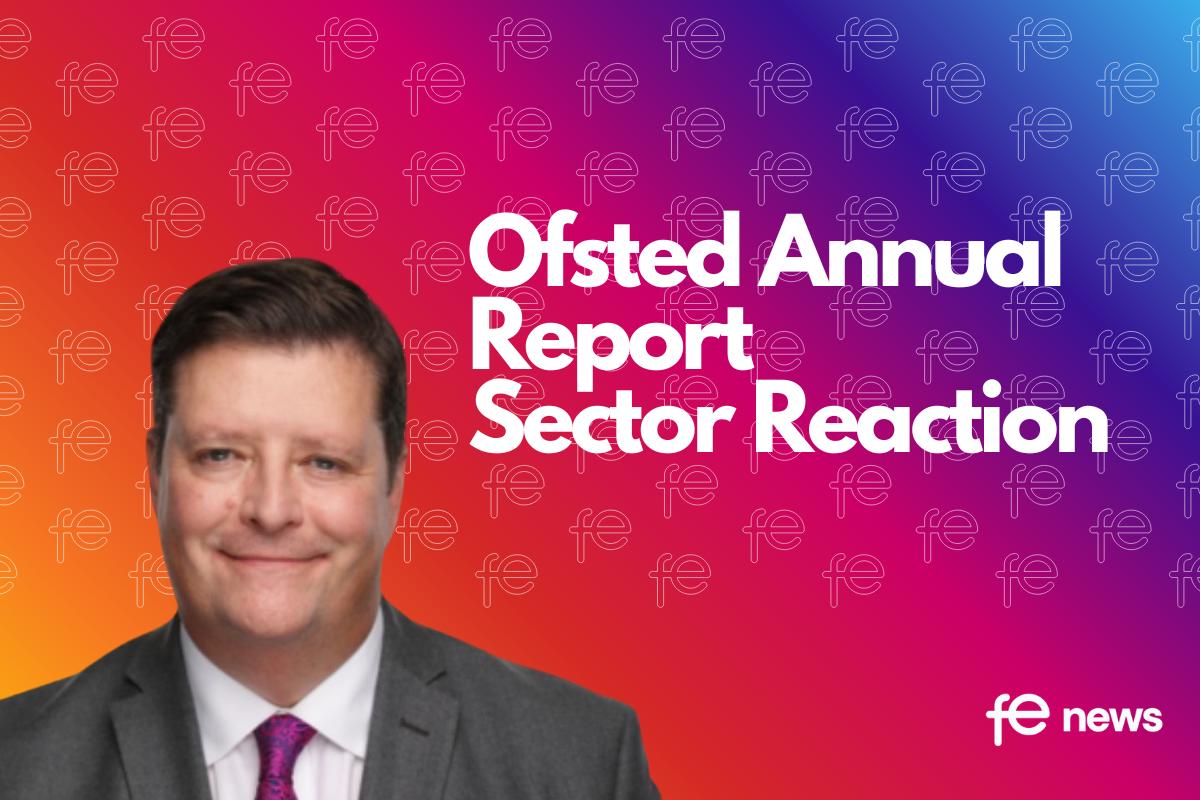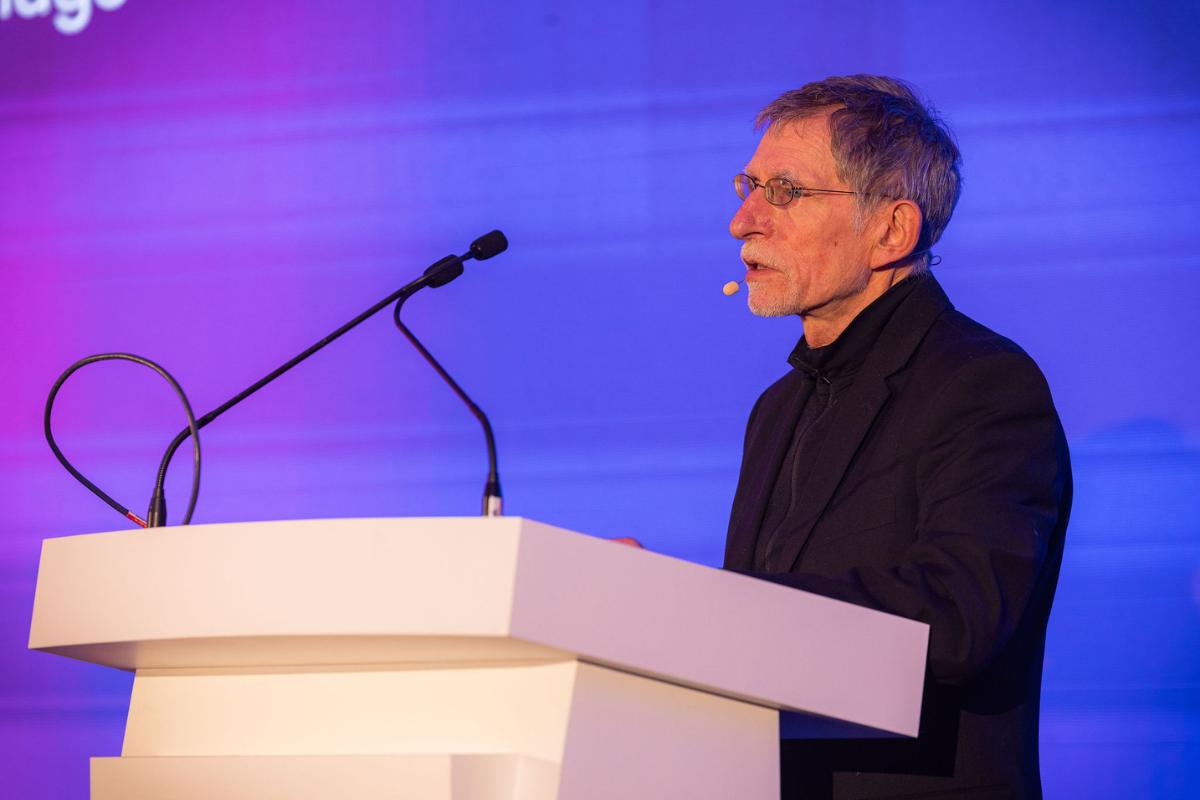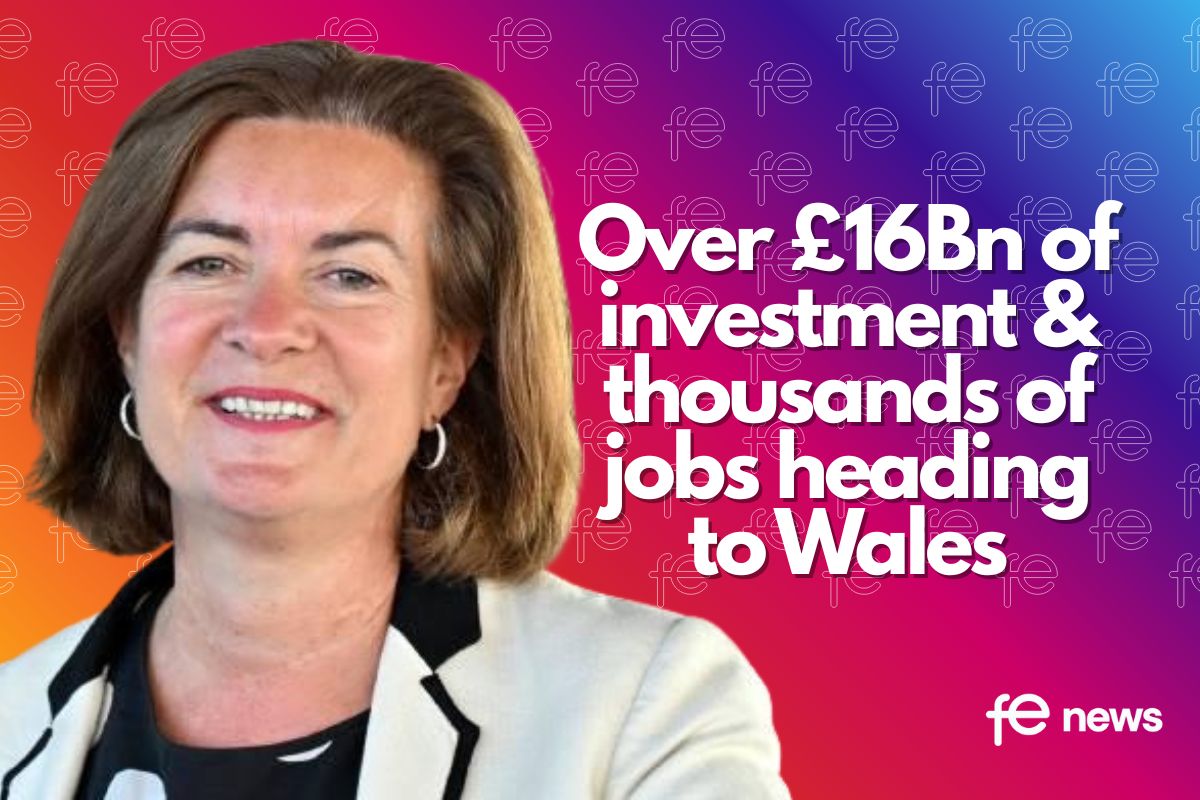Greening the Economy, Greening the Environment: UK needs a skills revolution to support this great transition

Climate and Nature
Think too much about the environment and it is hard to stay cheerful.
Temperatures are rising, “extreme weather events” (storms, floods droughts) increasing, species declining.
Most of the focus is on climate change, but nature, too, is in trouble.
The UN says that the erosion of the earth’s life support systems threatens human society.
Climate and nature are two sides of the same coin: both crises must be tackled together.
Cause for Hope
But if there are plenty of reasons to be alarmed at what we are doing to our planet, there is also cause for hope. Ten years ago, serious people in British politics treated climate change as a second order issue, good for a speech or two, but not the stuff of serious politics. Ten months ago, the US President did not even go through the motions.
Around the world, with a few notable exceptions, countries are promising to cut their greenhouse gas emissions. Businesses are getting serious about the environment, not least because they understand that the young workers they want to recruit care about it. The need to tackle the nature crisis is also increasingly recognised.
COP26
The transition to a more sustainable economy and way of life is happening and will not be reversed. The growing evidence of its necessity will ensure that. The immediate catalyst for action is the UN climate conference due to take place in Glasgow in November.
Here, the world’s nations are meant to pledge reductions in their emissions sufficient to limit global heating to no more than 1.5 degrees Celsius above pre-industrial levels. Temperature rises above that point will be disastrous, particularly for the world’s poorer nations.
The rich nations of the world must also commit in Glasgow to debt relief for poorer nations and significant support to help them adapt to the climate change that is already happening. Global heating was largely caused by rich countries like ours and we have a moral duty to those who will suffer its worst consequences.
Action in the UK
In the UK, the environment featured strongly in all manifestos in the general election held in December 2019. The prime minister, Boris Johnson, has promised “the most ambitious environmental programme of any country on earth”.
The government is legally obliged to achieve “net zero” by 2050. This means that any greenhouse gas emissions the UK still produces must be offset by measures to remove them from the atmosphere. This can be done through nature-based solutions such as planting trees, managing peatland or improving soil quality, or through technology-based solutions, such as carbon capture and storage.
Make no mistake, achieving net zero will not be easy. It will require a huge national effort. Petrol and diesel cars must be replaced by electric vehicles. Homes must become more energy efficient and we must stop heating them with fossil fuels.
We need to generate much more renewable energy. We should halve our use of resources: repair more, waste less. And we will need to farm for nature and carbon, as well as food, and eat less meat.
None of this requires a hair shirt or a reduction in our quality of life. It means more nature, better health and plenty of good quality jobs as the country recovers from the pandemic.
The Great Transition
The new industrial revolution, a transition to a green economy is happening. What is in question is whether it happens fast enough to avert disaster and whether it happens with people, not just to them.
Recommendation 1
The UK government and the devolved administrations must put achieving net zero and restoring nature at the heart of their plans for economic recovery from Covid-19. The result will be warmer homes, cleaner air, more beautiful places – and lots of jobs for young people, including in the areas of high unemployment. Whether through campaigning, school strikes or just by voting, young people can put pressure on politicians at all levels to up their game.
Recommendation 2
To support the transition, the UK needs a skills revolution. We are still training people to build houses that will need retrofitting in a few years’ time or to farm unsustainably or to plan for car dependent new settlements (housing estates in the middle of nowhere, sometimes built without pavements or cycle lanes). This is foolish.
Recommendation 3
Meeting the environmental challenges of the next 30 years will require ingenuity and innovation. There are challenges to which we simply do not yet know the answers. If the UK can provide the answers and pioneer new ways of working, we will not only perform service to the world; there will be economic benefits to the UK economy. Higher education and research funding must support the transition to a level it has not yet done.
Shaun Spiers, Executive director, Green Alliance
Racing to Net Zero – the role of post-16 education and skills |
|
|
The UK needs comprehensive jobs and skills plan to successfully support and drive the transition to Net Zero. This is the conclusion of Campaign for Learning on publishing a new collection of expert views – Racing to Net Zero – the role of post-16 education and skills, This pamphlet brings together experts on Net Zero and post-16 education, skills and employment policy. The sixteen contributors offer real insights about how post-16 education and skills policy can support the race to Net Zero here in the UK. Contributors to Racing to Net Zero: |
|
| Shaun Spiers, Green Alliance | Greening the Economy, Greening the Environment |
| Stephen Evans, Learning and Work Institute | A more ambitious Net Zero ‘Economic, Jobs and Skills’ Plan |
| Paul Nowak, TUC | Workers, Skills and the Net Zero Economy |
| Duncan Brown, Emsi | The Demand for Green Jobs and Green Skills |
| Ewart Keep, University of Oxford | Labour Market Intelligence for Green Jobs and Green Skills |
| Jane Hickie, AELP | Filling Green Jobs with Level 2+ Apprenticeships |
| Calum Carson, ERSA | Filling Green Jobs through Employment Support Schemes |
| David Hughes, Association of Colleges | FE Colleges, Upskilling, Reskilling and Net Zero |
| Susan Pember, HOLEX | Adult and Community Education and Net Zero |
| Nick Hillman, HEPI | Universities and Net Zero |
| Bill Watkin, Six Form Colleges Association | 16-18 Education and Net Zero |
| John Widdowson, Former FE Principal | 16-18 Level 3 T Levels and Net Zero |
| Rebecca Conway, Federation of Awarding Bodies | Net Zero and the ‘Level 3 and Below’ Curriculum |
| Charlotte Bonner, Education and Training Foundation | Education for Sustainable Development and the FE Workforce |
| Adrian Anderson, UVAC | Green Jobs, Apprenticeships and Higher Technical Education |
| Victoria Hands and Stephen Peake, The Open University | Education for Sustainable Development in Higher Education |











Responses